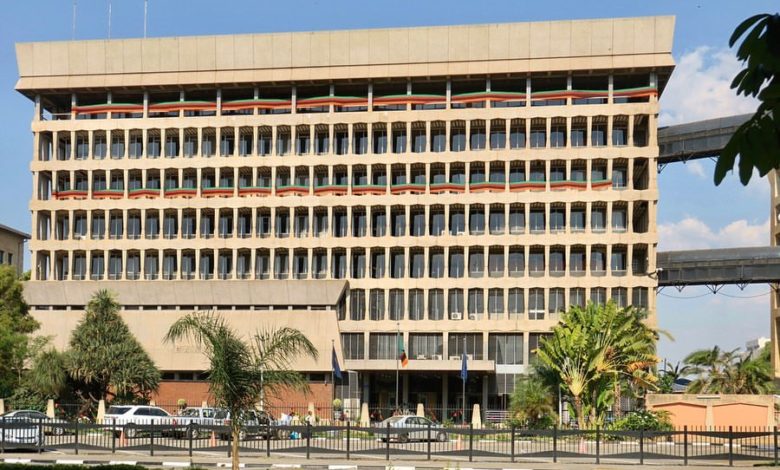The Bank of Zambia (BOZ) says it will continue to use all available monetary and foreign exchange intervention options to address adverse developments in the foreign exchange market.
In a statement availed to Money FM News, the Bank’s Communication Division said addressing volatility in the exchange rate whilst allowing it to adjust to market conditions, is critical in achieving and maintaining price and financial system stability.
It observed that the Kwacha has come under renewed pressure in the recent weeks, as it depreciated by 08.0% to K19.81 per US dollar from K18.34 between mid-August and September 14, 2020 largely reflecting imbalances in the foreign exchange market.
The Central Bank also noted lower foreign exchange sales from the mining sector and foreign financial firms who typically invest in Government securities, adding that the reduced mining sector supply is consistent with the gradual reduction in exports in general.
“This is partly due to disruptions to international trade and declining global economic growth following the outbreak of the Covid-19 pandemic. In addition, challenges at key mining firms, which have been significant suppliers of foreign exchange in the past, have compounded the situation,” the Bank said.
According to the Bank, there has been a significant increase in foreign exchange requirements for the importation of agricultural inputs, health related suppliers required to address the Covid-19 pandemic, and procurement of petroleum products including clearance of past arrears to suppliers,
It said the increase is in addition to continued debt service payments that present the largest call on international reserves.
“In June 2020, mining companies began paying all of their statutory tax obligations, in addition to mineral royalties to Zambia Revenue Authority through the Bank of Zambia. This has contributed to foreign exchange reserves. In August and September, the Bank of Zambia has been able to provide foreign exchange liquidity back into the market to help meet the current significant increase in demand amidst reduced supply.”
The Central Bank further stated that the exchange rate has an important impact on inflation outcomes as has been indicated in previous Monetary Policy Committee (MPC) statements.
BOZ resolves to address imbalances in foreign exchange market







